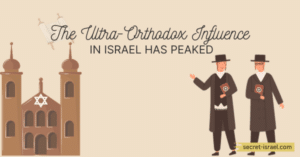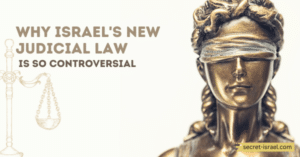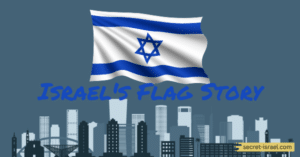In Israel, Hebrew is the official language, while Arabic is also recognized. However, the country’s linguistic diversity extends beyond these two languages. English, Russian, French, and other languages are spoken due to the diverse backgrounds of its citizens. Language plays a crucial role in Israeli culture, identity, and communication.
In this blog post, we’ll explore the different language communities in Israel and what language you should expect to hear when you visit. So, come along and let’s find out what language is spoken in Israel!
Why Language Matters in Israel
The importance of language in Israel cannot be overstated. Officially, Hebrew and Arabic are recognized as the two official languages, with Hebrew being the primary language spoken in the country. This is due to the fact that the majority of the population speaks Hebrew.
However, Arabic is also critically important, as it is the language of the Palestinian people, who are an important part of Israeli society. The significance of language in Israel goes beyond practical communication.
It is essential to cultural identity and serves as a means of expressing history, tradition, and values. In a country with a complex and turbulent history, language has played a crucial role in shaping Israeli identity and creating a sense of shared culture. As such, the study of language is vital for anyone seeking to truly understand Israel and its people.
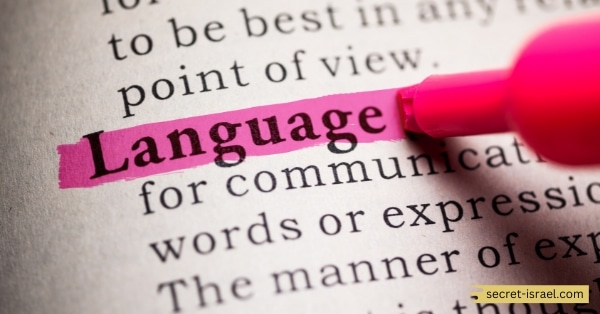
The Languages Spoken in Israel
Israel is a country that is home to a diverse population, which is reflected in the array of languages spoken within its borders.
Official Language: Hebrew
Hebrew is the official language of Israel, spoken by the majority of the population. Not only is it the language of daily life and communication, but it also plays a significant role in Israeli culture and history.
Hebrew holds a special status as the language of the Jewish people, dating back to ancient times. Its revival as a spoken language in the 20th century is a remarkable achievement that symbolizes the rebirth of the nation of Israel.
As a language, it is rich in literature, poetry, and music, and continues to evolve with modern usage and technological advancements. Overall, the importance of Hebrew cannot be understated in the context of Israeli society and its place in the world.

Minority Languages: Arabic, English, Russian, and others
Israel is a country that prides itself in its vast cultural diversity. Although Hebrew is the official language, there are several minority languages spoken throughout the country, including Arabic, English, and Russian.
Arabic is spoken by the Arab-Israeli population, who make up approximately 20% of the country’s population. English is widely spoken and used in Israel’s business and academic sectors.
Russian, on the other hand, is spoken by immigrants who came to Israel after the fall of the Soviet Union.
Other minority languages include Spanish, French, and Amharic. The country recognizes the importance of preserving minority languages and has implemented policies to ensure their continued use and development.

Historical Significance of Hebrew
The language spoken in Israel is Hebrew. Hebrew has a deep and rich historical significance that goes back thousands of years. It is the language of the Jewish people and is central to the Jewish religion, culture, and identity.
Hebrew has a unique and complex grammar, with a rich vocabulary that developed over time. It was the language used in ancient Israel and in the Bible. Despite years of disuse, Hebrew was revived as a spoken language in the late 19th century with the establishment of modern Israel.
Today, Hebrew is spoken by millions of people worldwide, and its significance in Jewish history makes it a cherished language for many. The story of Hebrew is one of perseverance and resilience, a testament to the enduring power of language and its ability to connect people across time and space.
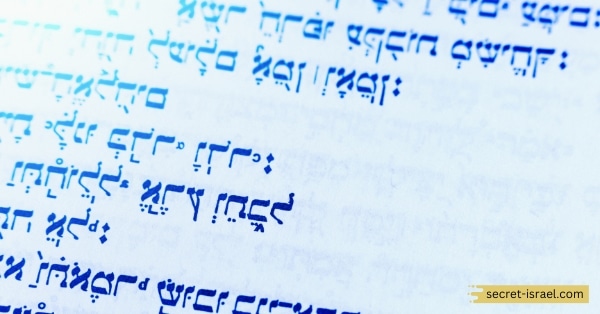
Language Policy in Israel
Language policy in Israel is a complex and multi-faceted issue that impacts many aspects of Israeli society. While Hebrew is the official language of Israel, Arabic is also recognized as an official language and is widely spoken by the Arab minority in Israel.
Additionally, English is widely spoken and often used as a common language between speakers of Hebrew and Arabic. Language policy in Israel has been a source of controversy in recent years, with some arguing that Hebrew should be given more prominence as the national language.
While others maintain that both Hebrew and Arabic should be given equal weight. Despite ongoing debate, language policy remains an important and evolving issue in Israel, with significant implications for education, media, and government institutions.
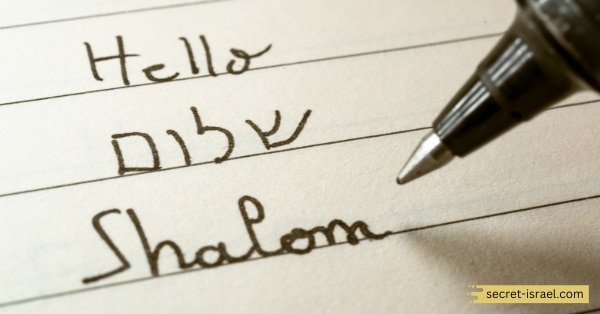
Language Diversity and Multilingualism in Israel
Israel is a country known for its language diversity and multilingualism. While Hebrew and Arabic are the official languages, numerous other languages are spoken throughout the nation.
English is widely used and serves as a common language for communication among diverse linguistic groups.
Russian holds significance due to the immigration of Russian-speaking Jews. Israel is also home to various minority languages such as French, Amharic, Spanish, Yiddish, and Ladino.
This linguistic diversity reflects Israel’s commitment to inclusivity and cultural preservation. It creates a vibrant and multicultural atmosphere where people from different linguistic backgrounds can connect and share their traditions.
Overall, Israel’s language diversity is a testament to the country’s rich cultural tapestry and serves as a bridge for understanding among its diverse population.
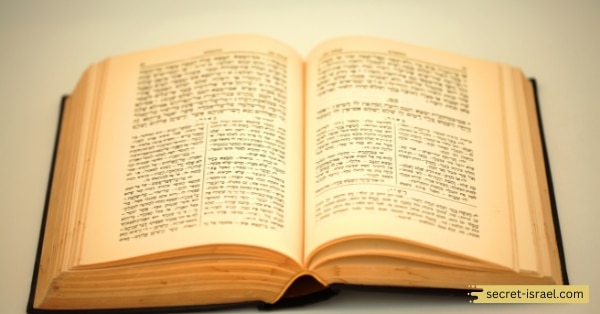
In conclusion
The question of what language is spoken in Israel is multifaceted. While Hebrew is the official language, Arabic and English are also widely spoken. The complex history of the region has played a significant role in shaping the linguistic landscape of Israel.
Immigrants from all over the world have brought their own languages and dialects, adding to the diversity. Despite the complexity, Israel is a country where multilingualism is valued and encouraged.
The ability to communicate across different languages and cultures is seen as an essential skill for successful engagement in politics, business, and everyday life. As such, Israel serves as an example of the richness and resilience of linguistic diversity in the modern world.



